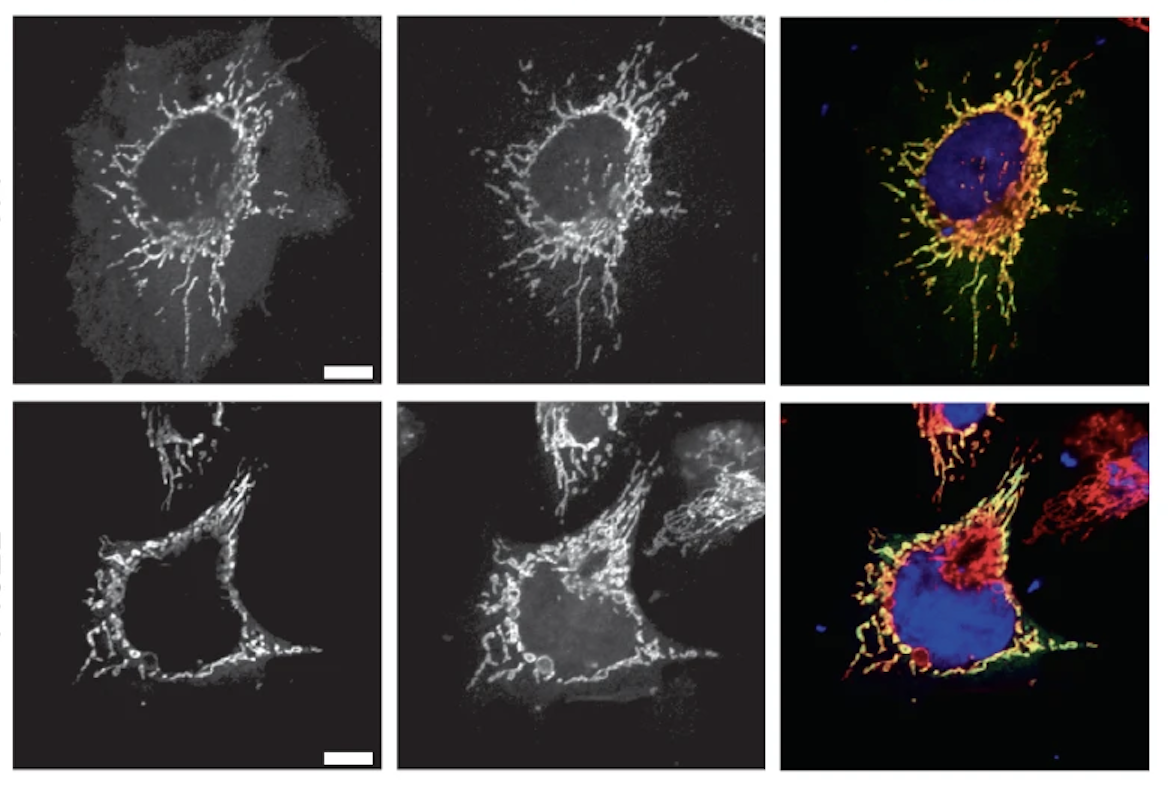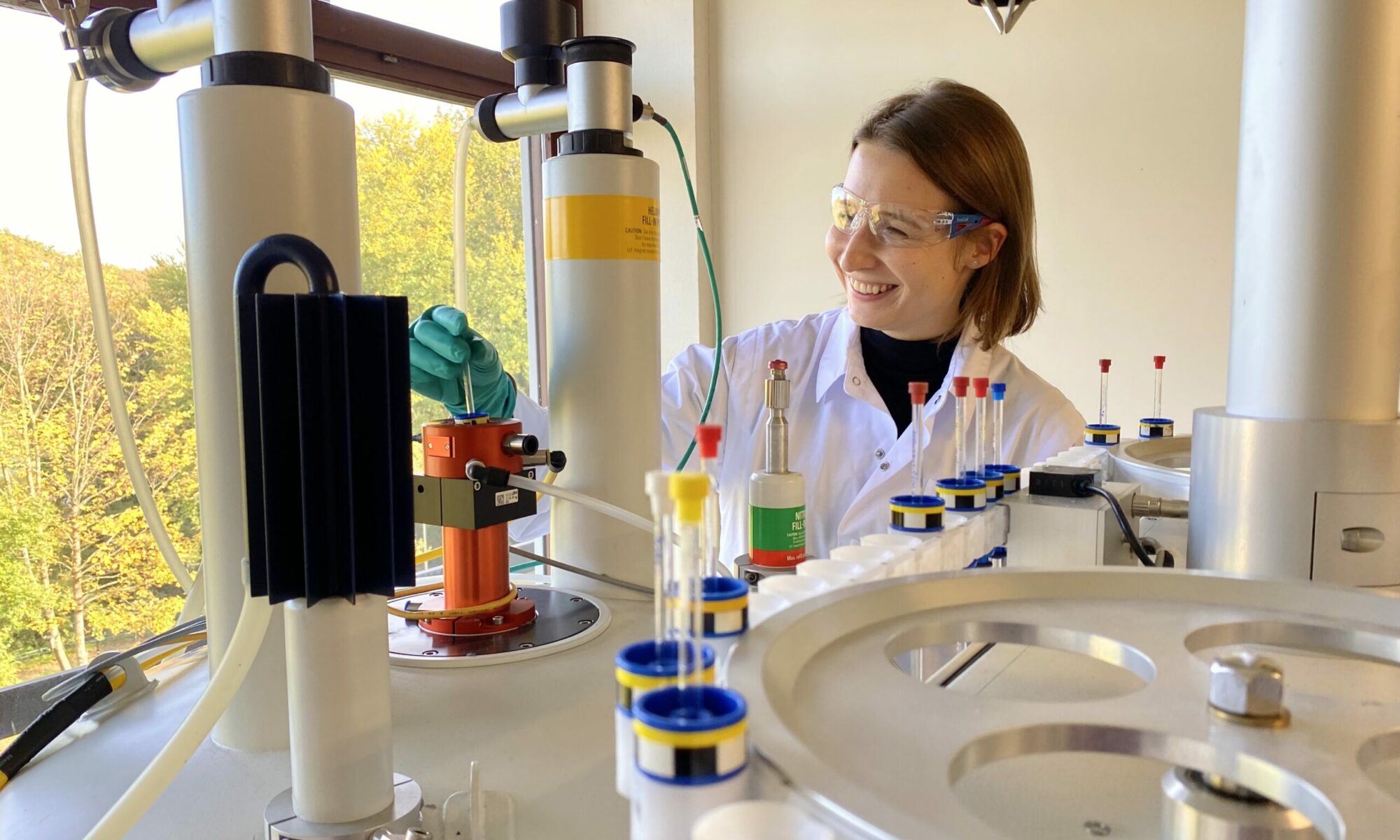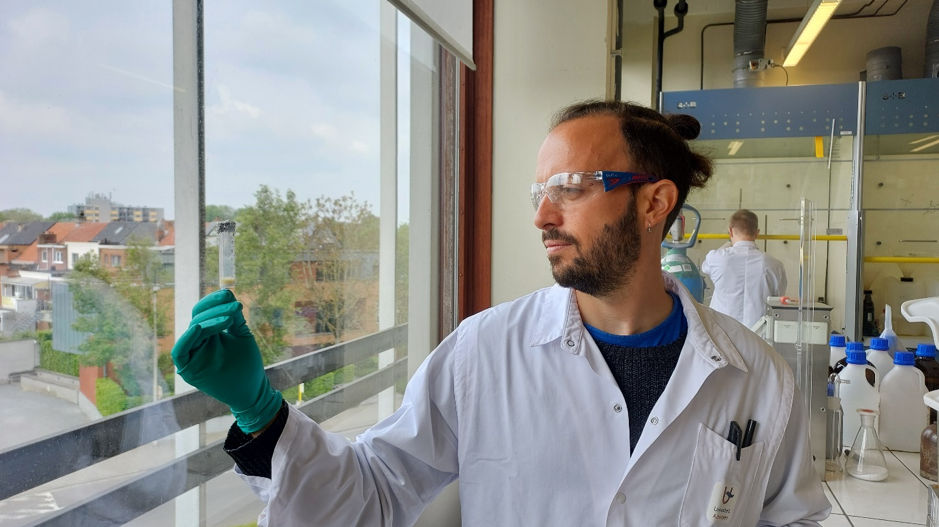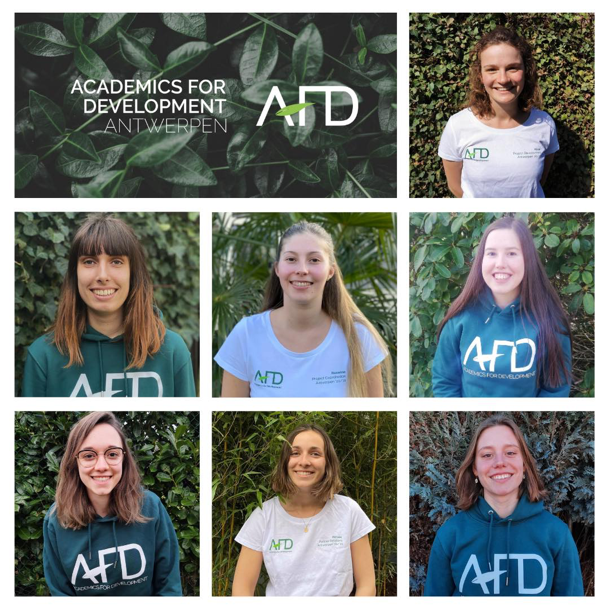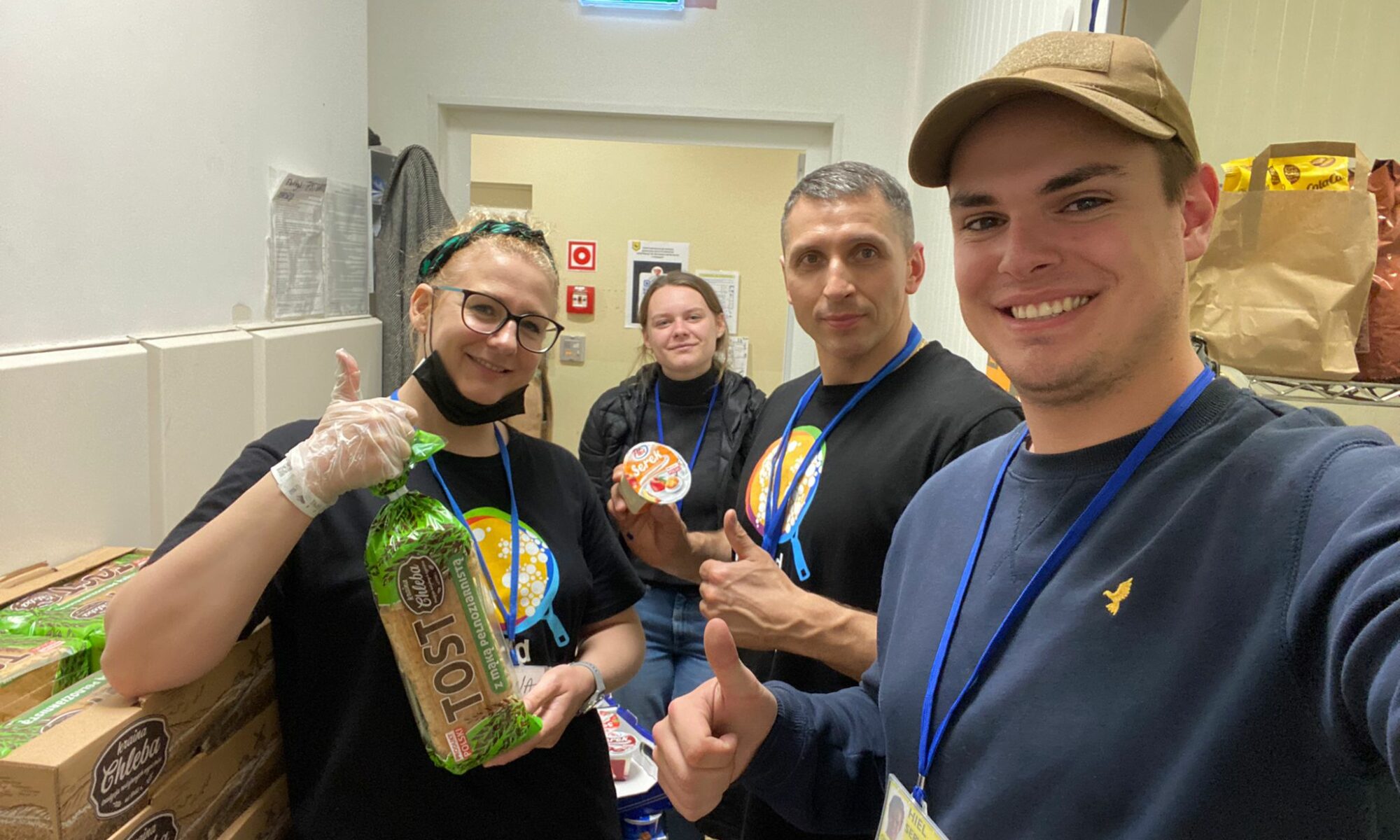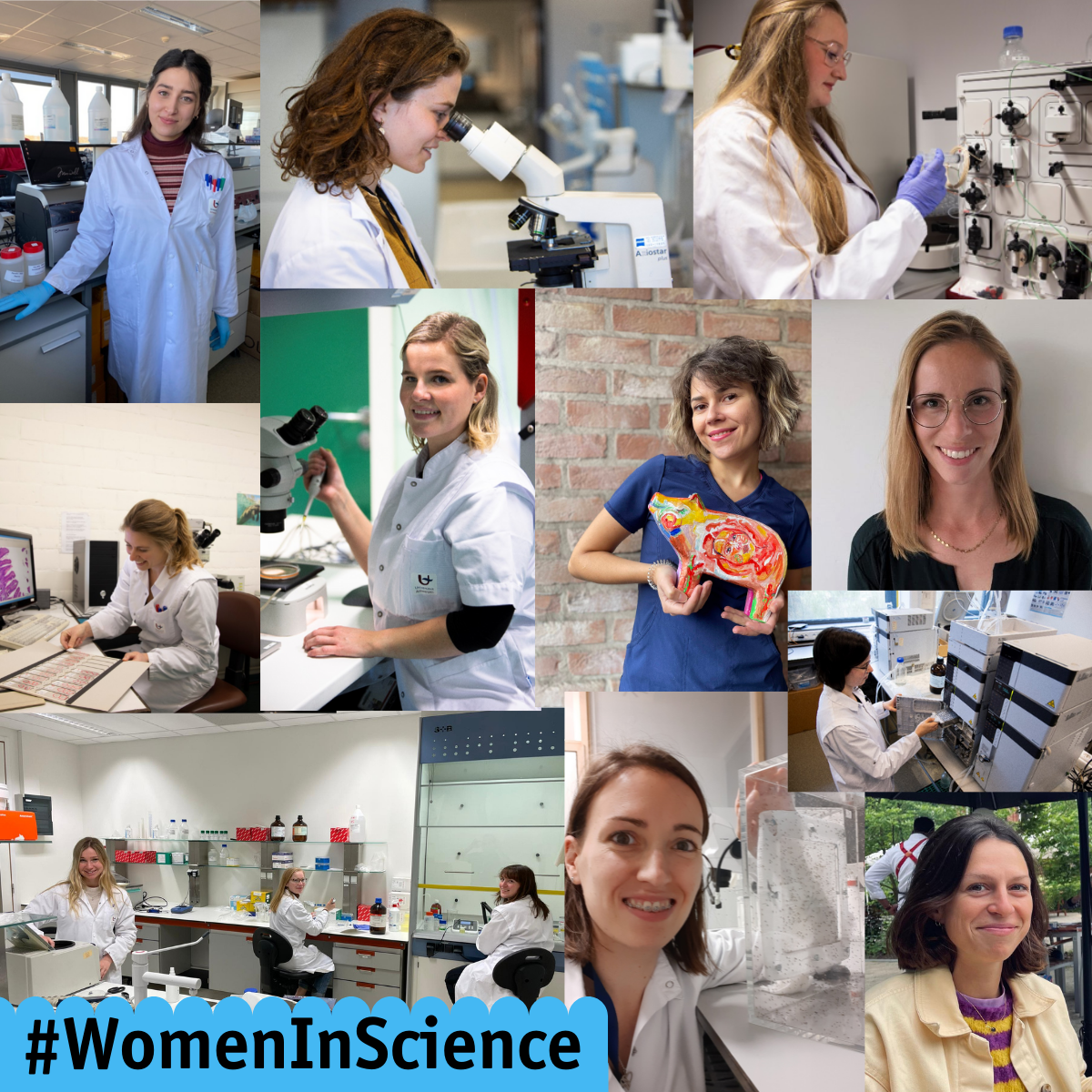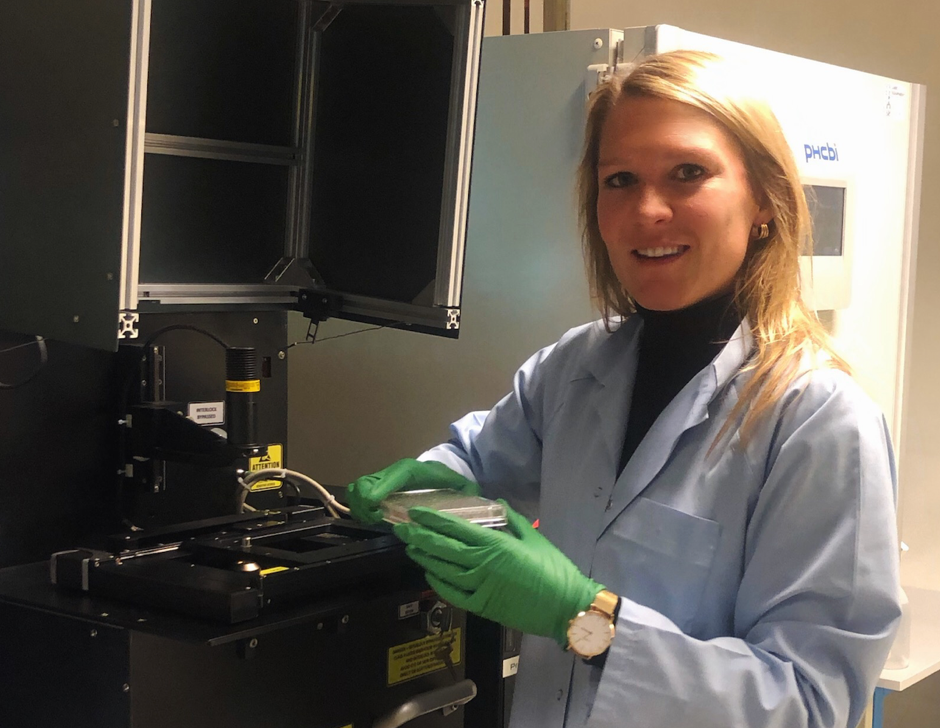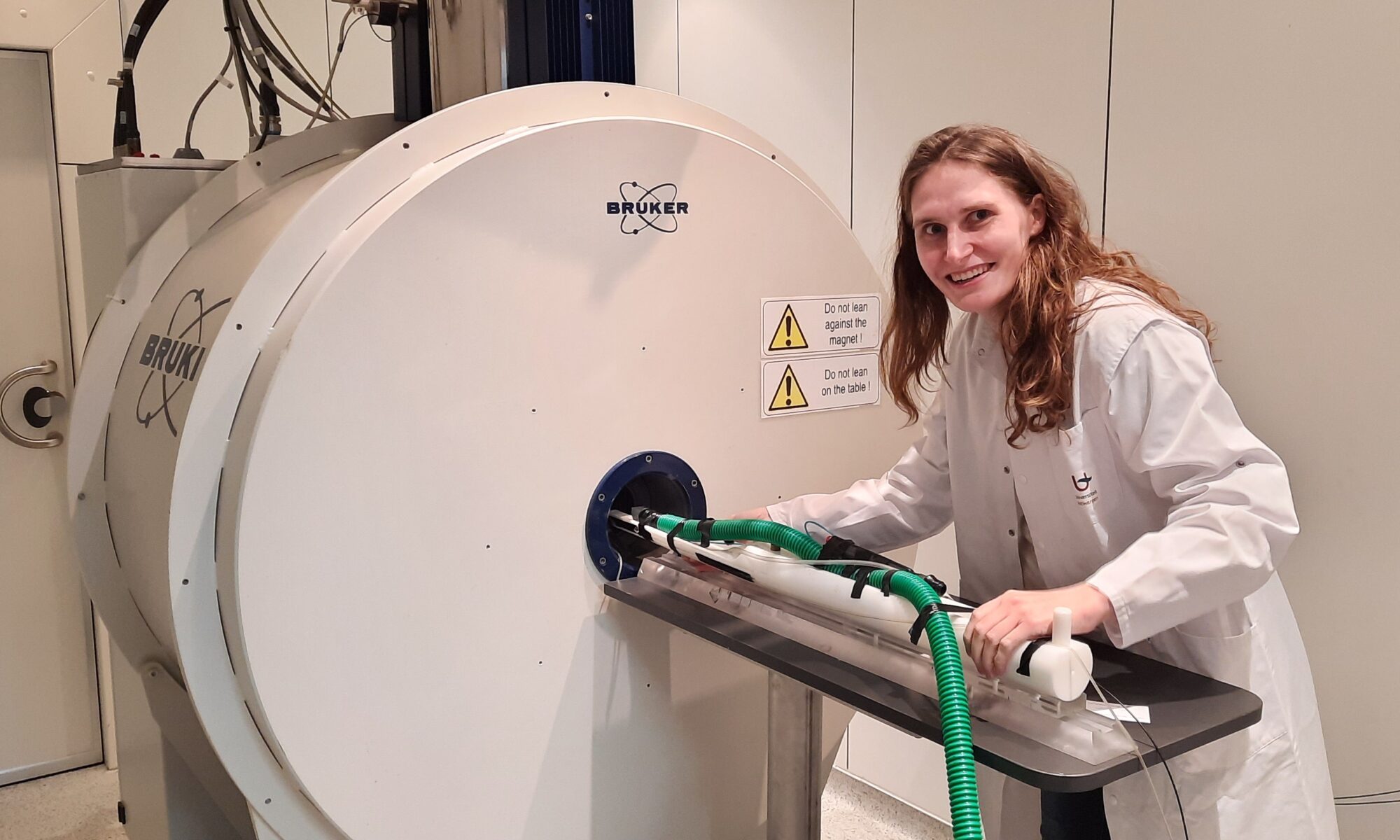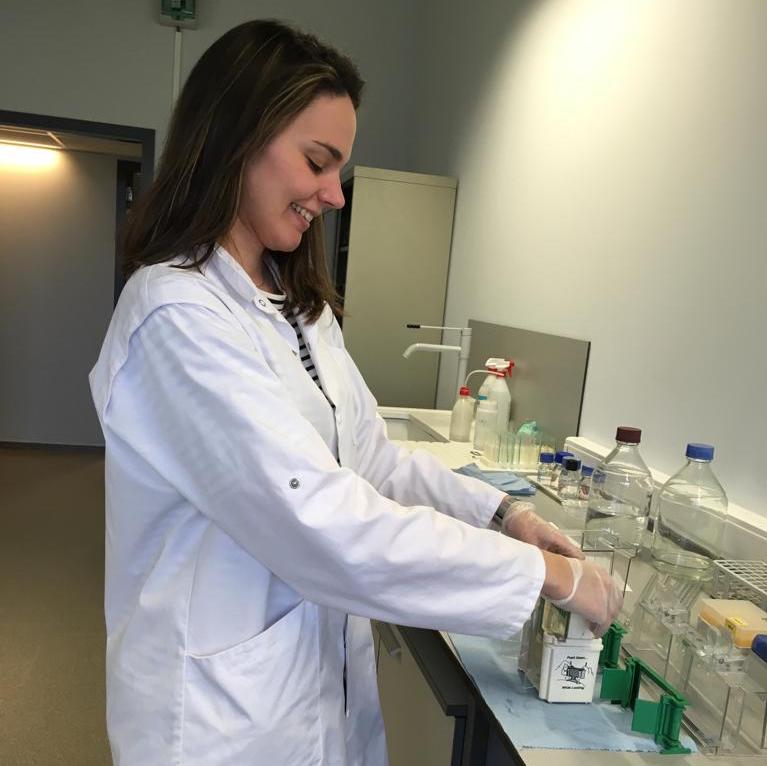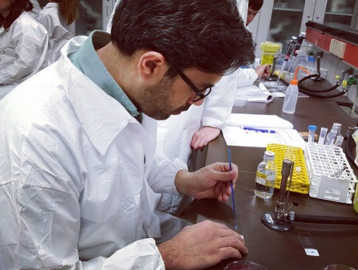In a recent study published in the journal Nature Cell Biology, Dr. Elias Adriaenssens, Prof. Vincent Timmerman and colleagues have discovered a new function for a group of proteins called small heat shock proteins (HSPBs) in the human body. These proteins, which are found in the liquid (cytosolic) portion of cells, were found to play a critical role in the maintenance of the powerhouses of cells, the mitochondria.
Filter
My name is Dr. Leen Vendredy and I recently obtained my PhD in Biotechnology and Biochemistry. My research focused on neuromuscular diseases caused by mutations in the small heat shock protein HSPB8. My goal was to better understand the underlying mechanisms of these diseases and to identify potential therapeutic approaches. My PhD supervisor was Prof. Vincent Timmerman from the Peripheral Neuropathies group.
I’m Greta Klejborowska and I’m a Postdoctoral Research Fellow in the Medicinal Chemistry Research Group, led by Prof. Koen Augustyns. My research is focused on the development of novel ferroptosis inhibitors. But what exactly is ferroptosis and why is it important to block or inhibit it?
I am Auchi Inalegwu and during the past 5 years I have been working on obtaining my PhD in Biomedical Sciences. My research has focused on using different cellular and molecular techniques to study breast cancer cells, with the goal of identifying biomarkers for radiation resistance.
I’m Lorenzo Cianni and my research focuses on targeting autophagy in cardiovascular and metabolic diseases. I was awarded a Marie Skłodowska-Curie Actions (MSCA) Postdoctoral grant for this specific project. I’ll be working with Prof. Pieter Van Der Veken and Prof. Wim Martinet to tackle tissue-specific induction of autophagy as an innovative therapeutic strategy for cardiovascular and metabolic diseases.
My name is Roxanne Mols. Last June, I graduated as a Master in Biomedical Sciences: Infectious and Tropical Diseases at the University of Antwerp. It was a wonderful journey where I got to broaden my interests and meet lots of new people. I learnt so much and grew tremendously as a person. I was given lots of opportunities, and one initiative that I found particularly helpful was Academics For Development (AFD).
Servaas Hiel and Silke Schuerewegen traveled to Poland to provide help for Ukrainian refugees. Servaas is doing a bridging programme in Biomedical Sciences at UAntwerp. Silke is an undergraduate at the Karel de Grote Hogeschool and is studying Medical Laboratory Techniques. For the past two weeks Servaas and Silke have been in Przemyśl, Poland to assist the local aid organizations.
In order to achieve gender equality and the empowerment of women and girls, the United Nations General Assembly declared 11 February as the International Day of Women and Girls in Science in 2015. We’d like to celebrate this special day by introducing you to some of our excellent women researchers!
I’m Gaëlle Houthaeve and for the past 5 years I have been doing an interdisciplinary PhD with Prof. Winnok De Vos in the Laboratory of Cell Biology and Histology and Prof. Kevin Braeckmans. My PhD research has focused on vapor nanobubble photoporation, which uses laser light (“photo”) to generate vapor nanobubbles, which are able to porate the plasma membrane of cells (“poration”).
Songbirds are present all around us in our daily lives, but did you know that besides their beautiful song each morning they can also teach us something about neuroplasticity? My name is Jasmien Orije, and during my PhD at the Bio-Imaging Lab, under supervision of Professors Annemie Van Der Linden and Marleen Verhoye, I had the opportunity to work with this remarkable animal model for neuroplasticity.
During her PhD research in Biomedical Sciences, Emilie Logie aimed to find new treatment options to overcome therapy resistance in the blood cancer multiple myeloma. Together with Professor Wim Vanden Berghe, her supervisor at the Proteinchemistry, Proteomics and Epigenetic Signalling (PPES) lab, Emilie used and combined different molecular techniques to identify new ways for treating therapy-resistant multiple myeloma cancers.
Bahaa Shaqour is a PhD student from Palestine and he is working with Prof. Paul Cos at the Laboratory for Microbiology, Parasitology and Hygiene (LMPH). He is exploring the capabilities of 3D printing technologies to produce novel medication delivery systems. 3D printing, also known as additive manufacturing, is a method of creating a three dimensional object layer-by-layer using a computer generated design.

